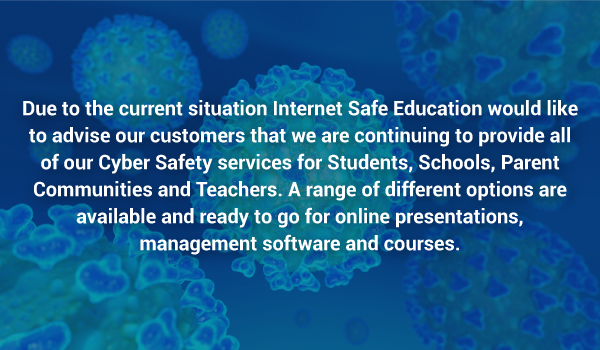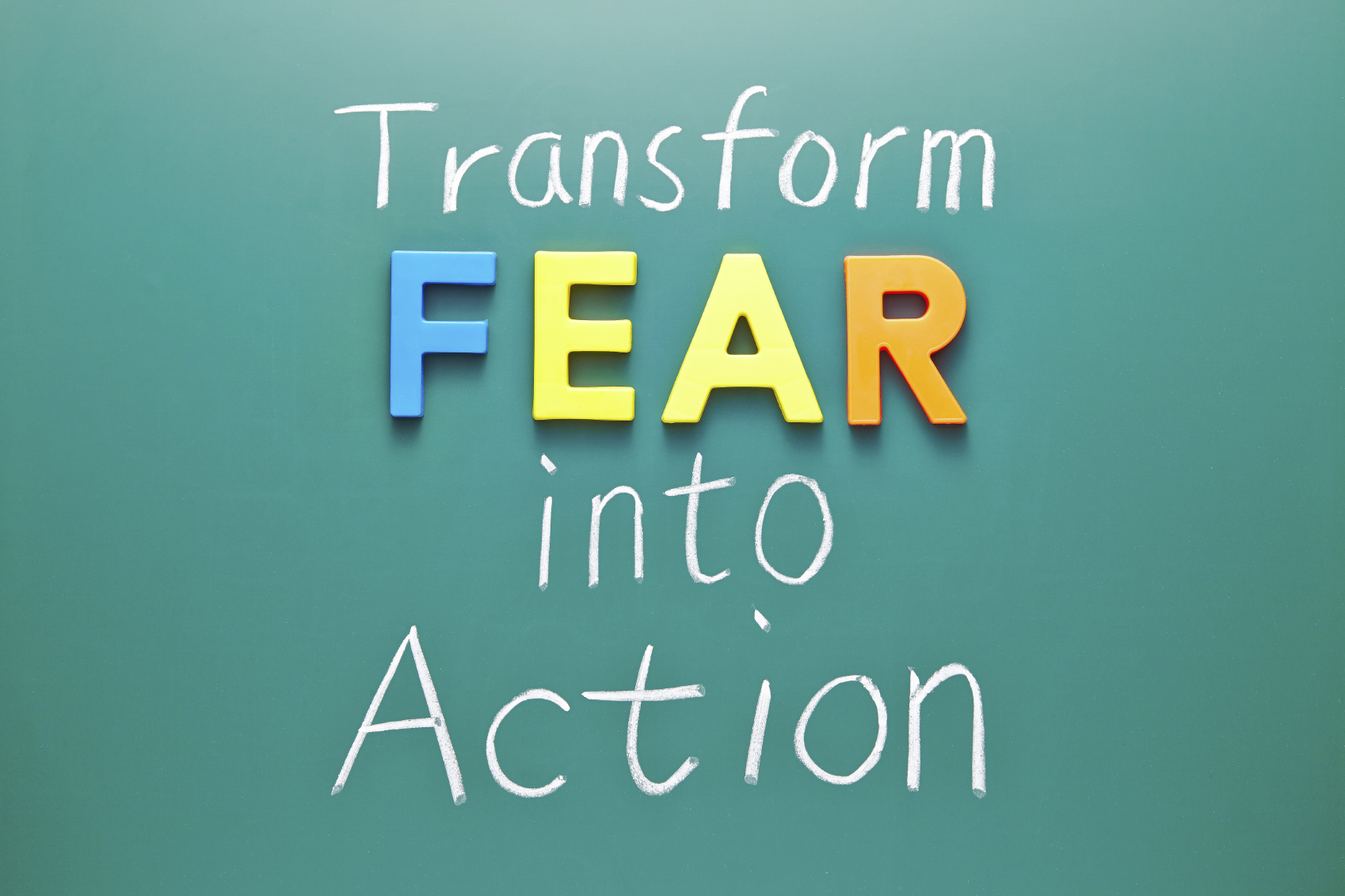In today’s digital age, online consent is an important topic especially when it comes to social media. Online consent is necessary for a variety of activities on social media, from sharing photos and videos to creating profiles and joining groups. It is essential for teenagers, parents, and schools to understand the concept of online consent and the digital responsibility that comes with using social media. Is your teenager aware of their rights and responsibilities when it comes to online consent, and conversely, that they are aware of what they are consenting to? Let’s get clear on what online consent means and how it applies to social media.
What is Online Consent?
Online consent is the permission given by an individual to allow someone else to access, use, or share their personal information or images online.
Put simply, online consent works the same way as offline consent. Just as we need to ask for permission before sharing someone’s personal information in person, the same applies online. Before sharing someone’s photo or personal details on social media, it is crucial to obtain their consent.
It is equally important to respect someone’s decision if they choose not to give their consent. We should never share someone’s personal information or photos without their permission, as it can become a serious offence such as cyberbullying, identity theft, and in some cases result in legal action.
To do their part social media platforms have introduced features such as privacy settings and consent requests to ensure that online consent is obtained. These features enable users to control who can see their personal information and also allow them to give or deny consent for their information to be shared. Now the strength and monitoring of such privacy measures are constantly under scrutiny as there is still a lot of unauthorised content online especially on social media. Now no system or platform is ever foolproof given that the behaviour and intent of humans is complex and multifaceted, again it highlights the need for users to remain vigilant in how they conduct themselves online.
When do you need Online Consent?
When it comes to social media, online consent is required in many different contexts. Teenagers are particularly vulnerable when it comes to online consent, as they may not always be aware of the implications of sharing information online.
For example, if someone wants to use someone else’s photograph or content, they must first obtain permission from the owner. This is to ensure that the content is used in a respectful manner and that the owner is aware of how their content is being used.
Another example is when someone wants to share sensitive information about someone else, it can be as innocent as sharing happy news of a friend or more blatant sharing to hurt, defame or destroy someone’s reputation. Good online etiquette is to always obtain permission from the individual before sharing any information. This will avoid any concern or potential backlash in the future.
Breaches of online consent, what to do and how can it be prevented?
In recent years, there has been a rise in the number of cases where social media content is obtained and used without consent. Breaches of online consent can have serious consequences for teenagers and their parents, which is why prevention is key.
The most common breach of online consent on social media is unauthorised use of someone’s photos, videos, personal information, or other content without their permission. For example,
- You shared a photo taken without the persons knowledge and then post it online
- Posting or sharing a fight video from school whether you are filming or whether it was shared with you first
- Sharing intimate photos of a current or past boyfriend or girlfriend
- Posting something shared in confidence
While teenagers need to be vigilant about what they are sharing online for their own safety and the safety of others, to maintain positive relationships with friends on and offline and because it is their responsibility to keep their digital behaviour in check.
Parents can also take steps to prevent breaches of consent on their children’s social media accounts. This includes monitoring their accounts, setting up parental controls, and teaching them about the importance of digital safety and consent. Make sure their privacy settings of their social media accounts are used to help limit their audience and ensure that their content is not accessible to the public. Additionally, parents can encourage their children to review their social media accounts regularly and delete any content that they may have posted without permission.
Sometimes an error in judgement will be made on their part which they will have to own and make every effort to minimise the fallout, other times someone they may never have met before will be using their information or images and there are avenues for parents and teens to report these breaches to the platform and the eSafety Commissioner.
Just as it is your digital responsibility to obtain consent to share information on social media, social media platforms too have an obligation to gain your consent to share what you post online and also provide the appropriate controls to protect your information and there are avenues to report breaches in this case too.
Online consent is a major consideration when it comes to social media and forms the foundations of digital responsibility. It is essential we understand the implications of online consent and to always obtain permission before using someone else’s content or sharing sensitive information. By respecting the concept of online consent, we can ensure that everyone’s privacy is respected, and that digital responsibility is maintained. Although breaches of online consent are becoming more common if we can educate teenagers on the importance of online consent, we can ensure that they are better equipped to make informed decisions when it comes to their digital safety.


